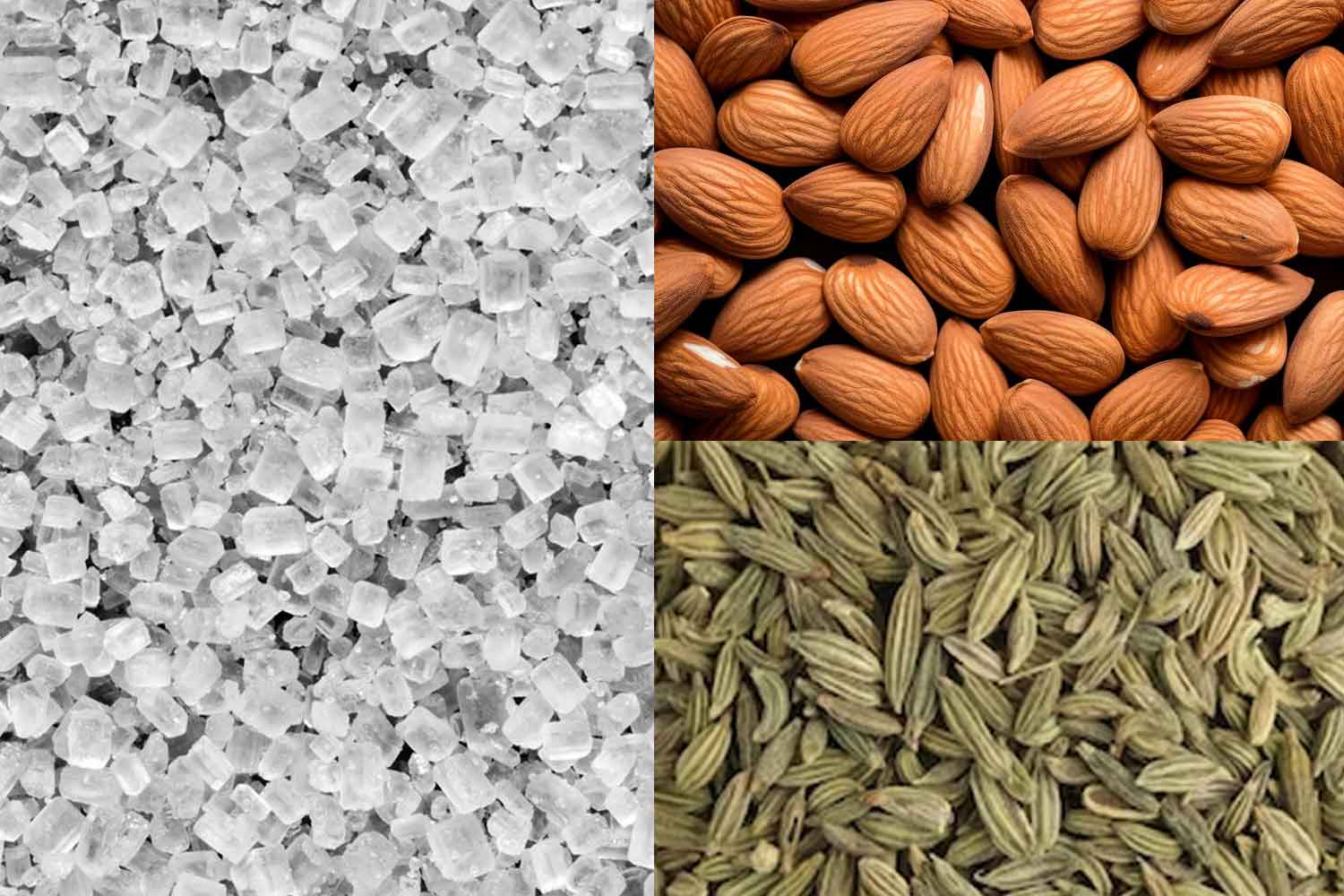Belly fat is really easy to gain and notoriously hard to lose. It can seem as though no matter what exercises you try and no matter how well you eat, the belly fat just won’t budge. And unfortunately, with the exception of surgery, there is currently no proven method of being able to spot and reducing fat from the belly. There is an exercise, however, that is incredibly underutilized, yet powerfully effective when it comes to losing belly fat. Today, I’ll share what that is and how you can start using it right away.
First off, let’s talk about why belly fat is so hard to lose in the first place. This was first brought to attention in the literature back in 1997 by Dr. Bouchard, where he discovered that certain areas of your body are easier to lose fat than others and is largely determined by genetics. They found that although some individuals seem to be less inclined to store fat around their abdomen, most people’s genetics prioritize abdominal fat loss last. Now, having your genetics stacked against you may seem problematic if you’re looking to develop a slim or lean-looking abdomen.
But there is a solution. As long as you create a calorie deficit and continue to burn more calories than you consume every day, you will continue to lose fat. Eventually, if maintained long enough, you will lose excess fat from all areas of your body, even if your genetics put your belly fat at the back of the line. And although your diet should be your main way of creating a calorie deficit, adding additional exercise can help speed it up and ensure that you’re continuing to lose fat even as your metabolism slows down. Now, you guys are smart, and you’re probably already aware of this and may have attempted to burn more calories and shred belly fat faster by incorporating things like running, rowing, cycling, or even hitting workouts.
These forms of cardio tend to burn calories very quickly, making them seem like a great way to burn off belly fat over time. For example, based on what’s known as a compendium of physical activities, a regularly updated database that outlines the calorie burn for various exercises, a 170 pound individual, compared to if they were to just sit around, can expect to burn roughly an additional twelve calories per minute when running at a moderate pace of 6 mph. So, a 30 minutes running session would lead to a net total of about 360 calories burned. Do that three times a week for a year, and that would lead to an additional 56,160 calories burned. And given that back in 1958, researcher Wishnovski discovered that losing 1lb of fat requires burning 3500 calories more than you consume, then this routine would amount to about 16lb of additional fat loss per year.
Now, while this does sound great on paper, the truth is the overwhelming majority of people can’t actually stick with traditional cardio long enough for fat loss to reach stubborn areas. In fact, even in studies where subjects are assigned to cardio sessions to do dropout rates tend to be, on average, almost 20%. And it’s not that these methods don’t work, because they do. I’ve personally used running and hit regularly in the past to get me down to very lean levels. In fact, I used to believe that these intense cardio sessions were the key to burn off stubborn fat.
But they were brutal. They required a lot of willpower. I got sore from them. It really impacted my energy, and I just dreaded doing them most of the time. And although I stuck it through and eventually did get the six-pack I was after simply because I was burning a lot of calories, I just couldn’t get myself to continue these grueling sessions, especially outside of summertime.
And eventually, I lost a lot of the progress I had made. Now, don’t get me wrong, these forms of cardio, they do definitely have their place, and some people have no problem sticking to them. In fact, I still do these intense sessions once or twice a week for conditioning. But I no longer rely on them as my main form of cardio to lose fat. And nor should most people.
Because if you want to lose your belly fat and more importantly, keep it off, once it’s gone, then you need something that you can stick to for life. What’s the solution? It’s the easiest to maintain the lowest stress, lowest fatigue, and the most versatile form of cardio walking. Now, I know what you’re thinking walking doesn’t burn many calories, and there is no way I can walk my way to a six-pack. Years back, I would have said the exact same thing.
But a 2021 meta-analysis titled Slow and Steady or Hard and Fast helped shed some light on the matter. The researchers analyzed a total of 54 studies to determine the effect that different types of cardio had on fat loss. What they found is that intense forms of cardio, like running, while time efficient, didn’t provide any superior fat loss effect when compared to longer yet less intense forms of cardio, such as walking. Which makes sense. It’s simply a numbers game.
Your body doesn’t care whether the calories you burned were from some crazy intense fasting cardio session or from plain old walking. What matters most is what you can do consistently over time. And if you crunch the numbers, you’ll actually find that the calories burned from simply walking can very quickly add up to a meaningful amount. For example, using the same exercise database we used earlier, a 170 pound individual walking at a casual 3 mph can expect to burn an additional 3.4 calories per minute and roughly 200 calories per hour. If for three days per week, you added in an extra hour of walking, that would amount to 600 additional calories burned per week.
Over the course of the year, that’s an additional 31,200 calories burned, which would amount to about 9 lbs. of fat loss. And the math checks out in the literature as well, with one of the few studies out there analyzing walking’s effect on fat loss, finding that subjects who simply added in two and a half hours of brisk walking per week experienced an additional 3.5lb of fat loss over the course of twelve weeks. Now, although hours of walking may sound like a lot, it doesn’t have to be all at once. Later in this video, I’m going to show you how to incorporate this into your life effortlessly. But first, just compare the walking routine to the running routine that I gave earlier.
Yes, the running routine will burn more calories and less time, but be honest with yourself how likely would you be to keep that up for a whole year? If you like most people, go all out for two months, but then become inconsistent and give up after that, that 16lb of additional fat loss we calculated becomes just a couple of pounds, nowhere near enough fat for most people to even come close to burning through their excess belly fat. This is why walking is the number one exercise to lose belly fat, and is why it’s now my main form of cardio to get lean and stay lean. It’s easy to stick to. So now that I’ve hopefully convinced you of the power of walking, let’s dive into how you can easily start applying it to lose fat.
The first step is to determine an average of how many steps you’re currently taking. You can use a health app on your iPhone or use Google Fit if you’re on Android after a week, see what your daily average comes up to. If you already know this, great, I’d like to know as well. So do me a favor and comment below on how many steps you’re currently taking and if you have any tips that helped you increase it or what obstacles may be holding you back. Some of you, however, might be surprised by how few steps you’re taking.
But this is a good thing, as it means that you have a big opportunity to bump that up. For example, here’s one of our Built with Science program members, Devin, who recently hit a plateau and simply bumped up his step count up from 3000 steps to around 8000 to 10,000 per day, and is back to losing fat every single week, especially in his stubborn areas. It’s simple, but it works for most people, though I wouldn’t recommend trying to jump all the way up to something like 10,000 steps right away. Instead, set a realistic goal. And for example, first aim to do an extra 2000 steps a day.
Given that the average individual takes about 1200 steps during ten minutes of walking, all you have to do is throw in two 10 minutes of walks into your day to accomplish that. Once you’re consistent with that, try bumping it up by another 2000 steps and continue doing this with the goal of consistently getting at least 8000 steps or even up to 15,000 steps per day, which seems to be the range that provides the greatest fat loss and health benefits. The key, though, is to make this fit your lifestyle. Some tips I personally use are to always choose a far parking spot, take the longest way to the washroom, do ten minutes of incline walking after each workout take ten minute walks after each meal, take the stairs instead of the elevator whenever possible, listen to podcasts while walking, and more. And for those who are busy in the office all day, a study that had subjects add just five minutes of walking per hour into their office day found that over the course of the year, it would amount to over 9 lbs. of additional fat loss.
In this case, you can also try to aim for a higher step count on the weekends to boost your weekly average, but trust me, these little things add up. Apply these tips and you’ll be surprised with just how much they can increase your step count, and even more surprised once you notice the fat slowly coming off. That said, guys, I want to emphasize that walking or any form of cardio is only effective for fat loss if it’s used in combination with a diet. Think about it the calories you burn from a whole hour of walking or 30 minutes run are equivalent to the calories in three pieces of toast, which you can consume in literally a matter of seconds. So use your diet as a primary way to create a calorie deficit and supplement it with walking to help speed up the process.
And if you need help with putting this all together into an easy-to-follow, science-based workout and nutrition plan that you can trust will work to help you burn off suffering fat and build muscle. Then head on over to build withscience.com and take our analysis quiz to find the best program for you. I’d also highly recommend that you give this video a watch next, which is going to cover some tips on how to structure your nutrition plan to help further speed up the fat loss process. Thank you so much for watching. Don’t forget to subscribe and see you next time.












